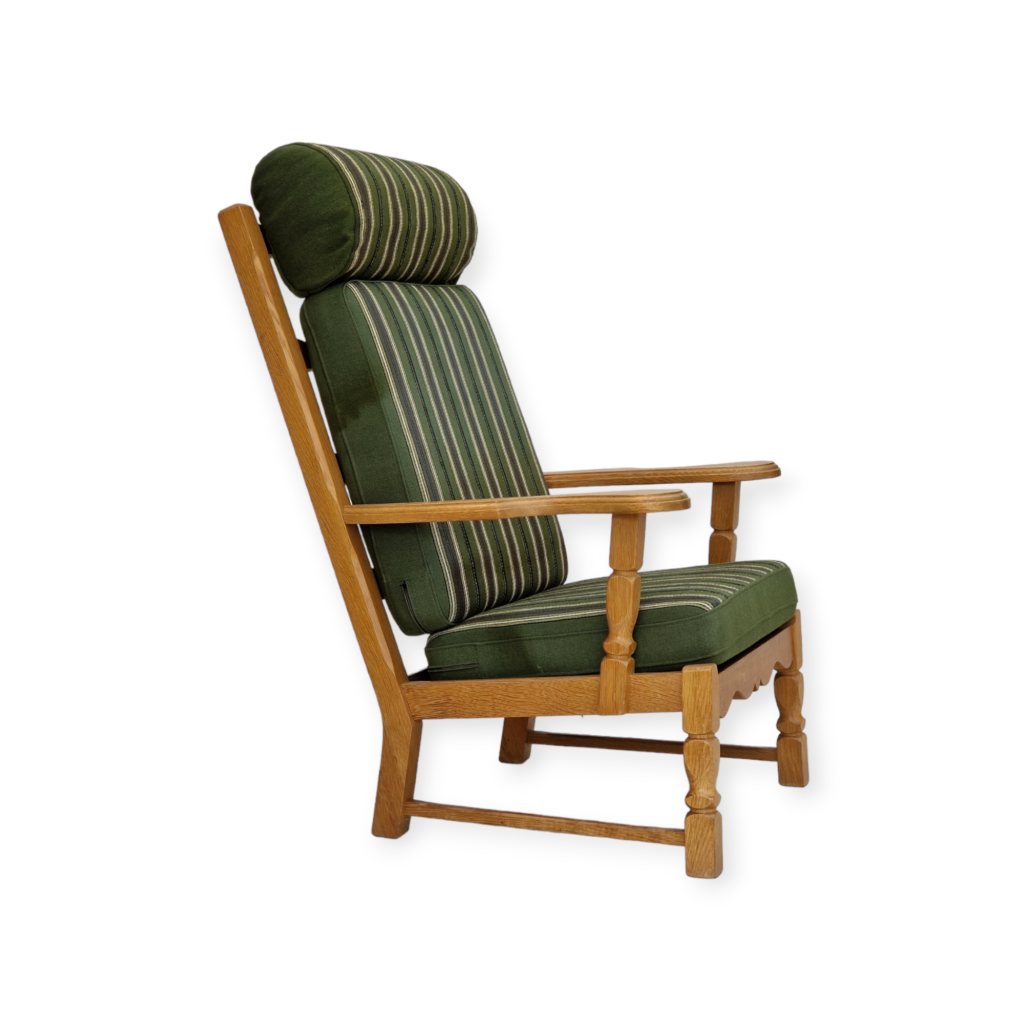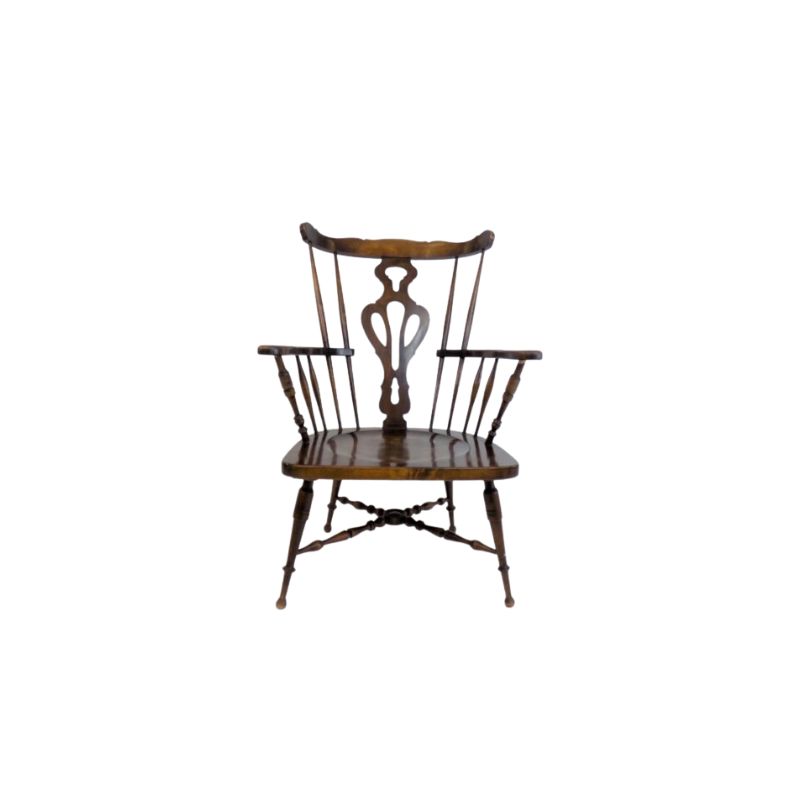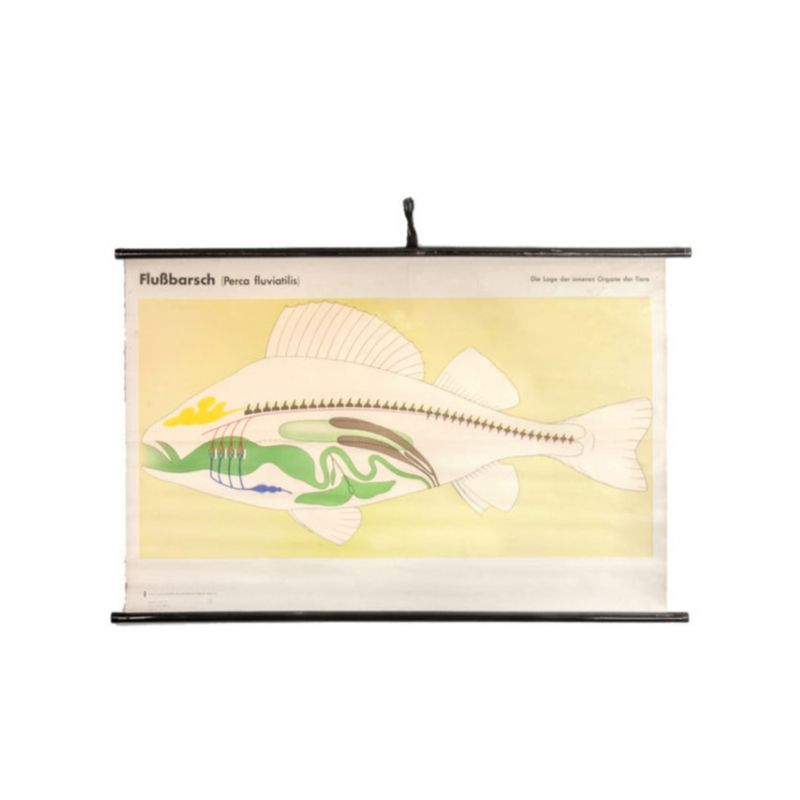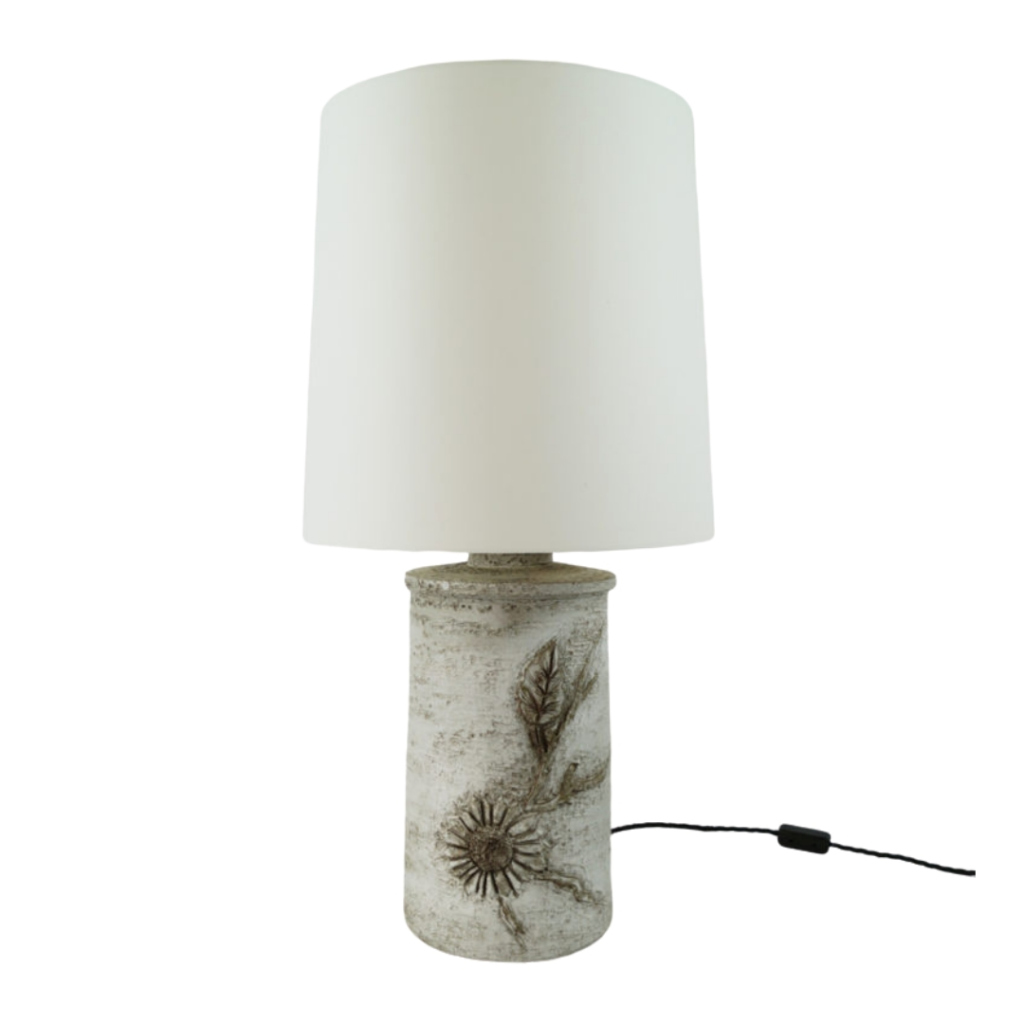I have been lusting after this chair for ages. I finally scored one. It is a Rastad & Relling Bambi in cane. Cane is my personal favorite for this model. The chair is amazingly light. In appearance it is delicate, almost fragile. But the design is miraculous. No loose joints ANYWHERE !! The cane weave in the back and seat puts uniform tension on the wooden frame keeping everything tight and collected. Form and function in one design. The frame is teak. The chair needs to be recaned. I wrote on another thread on soap treated furniture how cane also needs to be soaped periodically. This is the chair I am going to use the technique on. I have previously soap treated another teak chair and loved the results. I am planning to sand this chair down and soap it before redoing the cane. That way, I can wipe off and resoap both the frame and the cane as needed. <img class="wpforo-default
<img class="wpforo-default
Nice score!
There's another thread about those chairs here somewhere. They're very beautiful. I wouldn't mind having one myself someday.
I question your plan to sand away the patina of decades-old teak and give it a finish other than the original, though. I think most people here are of the mind that original finishes should be preserved, especially on pieces of higher value.
Great chair!
But I follow the comment above: don't soap the chair!
The finish now is even and a nice deep hue.
Soaptreatment is good for oak, teak is a far denser and oily wood
and the orange color makes it unsuitable for soaping, I think.
In essence: you will alter the design when you soap it
Leave it as is and rub it in with some oil, you don't want to get rid of the present surface, it's great as is.
(Hell, I don't even see the need for a treatment!)
on refinishing
I am really glad you brought that up. It is a point worth discussing. I totally agree with you on patina and its affect on value and not least on beauty itself. I love patina on leather chairs e.g. and I would never dream of stripping the history and narrative off a chair just for the sake of appearance alone. With wood, on the other hand, I sort of think of the oils and varnishes as a form of protection. For me, these finishes almost prevent the piece from acquiring patina.
I think for me anyway, it comes down to piety versus utility. Piety is like trying to freeze a piece in time. Put it in a museum. Keep it as it was. Are loose joints patina? Cracks? The genuine crud I have seen on some stuff?
Utility as I see it offers a continuing narrative. Like passing the baton. Receive something, use it, perhaps even change it and by doing that add your own chapter to the piece. If you use it wisely, you add something to it. If you are a hack, you destroy it.
But I think your point is definitely worth thinking about.
How does an oil finish
prevent teak from acquiring patina?
We must be defining patina differently. I consider it to be the depth of color and glow that develops over time as the wood darkens and is polished, if you will, by use. Grime isn't part of patina since it dulls the color and obscures the grain of the wood. Minor nicks and dings are part of the patina because they are a record use by human beings, which is what the chair was intended for, right? Broken parts, hardened foam, stained and worn-out upholstery, on the other hand, are all things that need to be redone so that the chair can be used and enjoyed.
When you sand the surface of the wood, you remove all signs of age and use and you end up with essentially new wood.
Oil finishes are just as easy to maintain as a soap finish, in my opinion.
So in other words--
it's not about piety or "freezing an object in time", as you put it, it's about not erasing the object's history and the beauty it has acquired through use. This is beauty that will continue to grow as it is used for many more decades, so I don't see leaving patina as freezing it at a point in time.
I've already made an...
I've already made an unpardonable sin in the last week by carelessly snapping a stretcher on a Rastad & Relling Bambi dining chair, while disassembling the frame for re-gluing.
Please don't make it two crimes on Bambis by removing that existing finish. It's about as good as it gets for teak. Focus your soap desires elsewhere.
I have a question
It's always been my understanding that oiling caning serves the same purpose as soaping it. That is, keeping it from drying out, splitting, cracking and breaking.
If that is the case, why not oil the wood and the cane rather than soap them both if the soap finish is not as ideal for the teak as oiling it would be.
not to my knowledge
I picked up the set about 2 years ago. The person I got them from stated that he had inherited them from a friend who had passed and that to his knowledge they were never redone. I have not been able to part with them. Not sure why as I live in a one bedroom apartment in NYC and have to rent storage place for furniture/lighting.... I guess that is a sign of hoarding!
Yes. Yes it is.
You are clearly a very sick individual.
You need to control this impulse, stop hanging on to things that you don't have need of or space for.
Fortunately, I can help you with this. I can alleviate you of your excess baggage starting with this oversize dining set that you clearly have no use for and is costing you a small fortune in storage fees.
Simply let me know the date and time of the intervention.
If you need any help, please contact us at – info@designaddict.com









